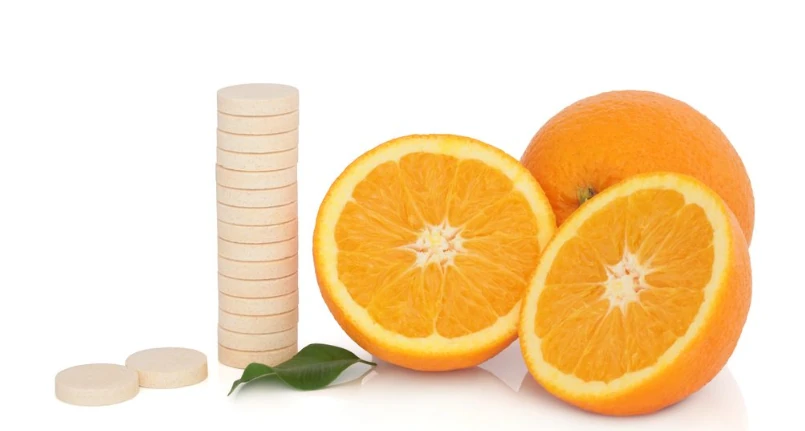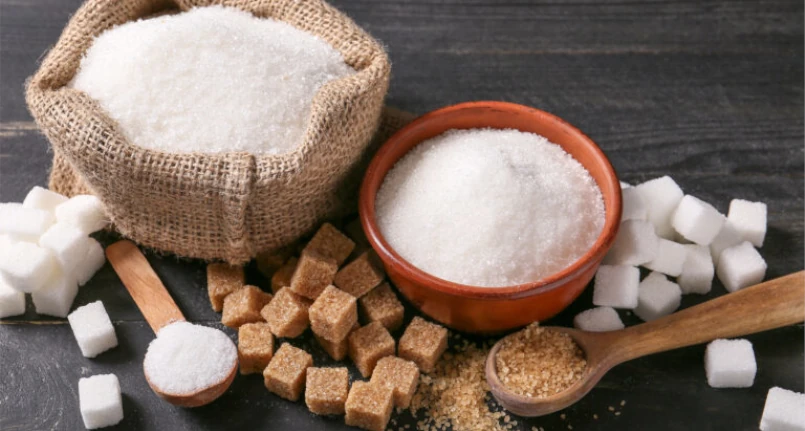C vitamin
Vitamin C , or more correctly Ascorbic Acid , is a water-soluble molecule which performs numerous essential functions: among these it seems that the ability to prevent and reduce the symptoms of the common cold has been recognized ; however, the subject is still controversial.
Cold Prevention
For about 50 years, the scientific community has split in two in evaluating the clinical utility of vitamin C in the treatment and prevention of the common cold. Briefly summarizing the most significant discoveries, it is possible to define that:
- vitamin C is an essential molecule for leukocyte homeostasis , therefore, its deficiency would significantly affect the immune defenses , which would be less stimulated and less active.
- some trials have shown that pharmacological administration of vitamin C can FIGHT cold symptoms (L. Pauling 1970) and also PREVENT its onset (H. Hemilia 1994-1995-1997).
- through the administration of 1-4g/day (about 200-800% of the recommended ration), it should be possible to reduce the symptoms of the common cold by 23%, and prevent its onset in 30% of cases (above all in subjects characterized by severe oxidative stress ).
Furthermore, it is important to specify that (citation of LARN):
” At high doses of vitamin C, such as those taken for pharmacological purposes (10 or more g/day), gastrointestinal disturbances have been found, which however seem to be due more to the acidity than to the vitamin C itself, as buffered salts no longer give the same effect. Other effects have also been found, such as increased urinary excretion of oxalates and the formation of kidney stones . However, it appears that doses up to 10g/day may be considered safe (Flodin, 1988). ”
However, the use of vitamin C against colds is still the subject of numerous discussions, therefore, until a compromise is reached between therapy and the maximum recommended dose, its integrative or pharmacological abuse in the fight against symptoms and in prevention is strongly NOT RECOMMENDED of the common cold




